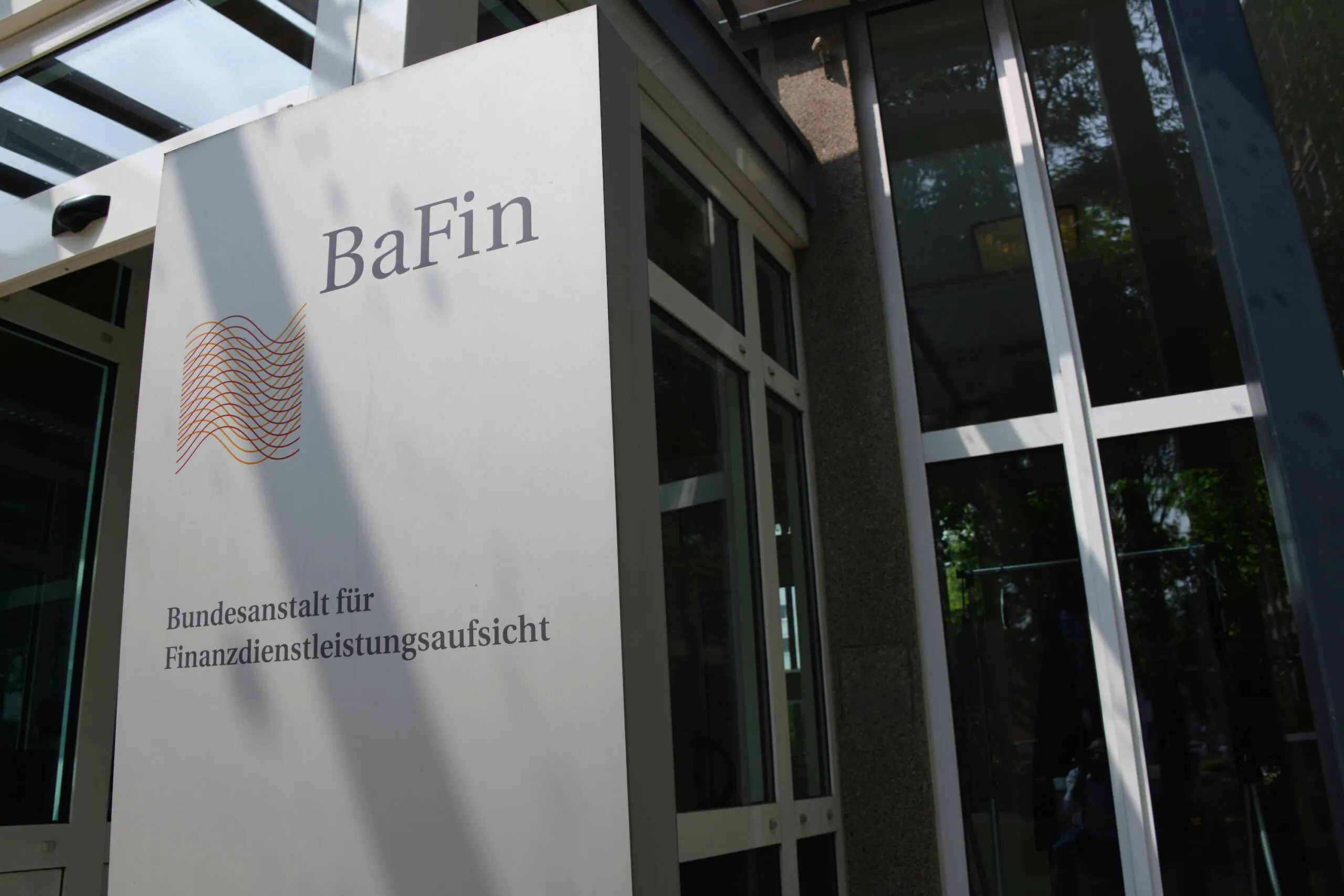BaFin, the German financial regulatory authority in Germany responsible for overseeing banks, financial services institutions, insurance companies, and securities exchanges, has reportedly informed Binance of its decision to not grant the exchange a crypto custody license.
Local publication Finance Forward reported on the development citing people familiar with the matter on Thursday, although it noted that the nature of the denial—whether it was a formal decision from BaFin or an intention expressed during ongoing discussions—remains unclear.
Binance hasn’t confirmed or denied the report, saying that while the exchange is “unable to share details of conversations with regulators,” it continues to work to meet BaFin‘s requirements.
“As expected, this is a detailed and ongoing process. We are confident that we have the right team and measures in place to continue our discussions with regulators in Germany,” a spokesperson for Binance told Decrypt.
A Bafin spokesman told Finance Forward the authority does not comment on individual companies. Decrypt didn’t hear back immediately after requesting a separate comment from BaFin.
Germany's crypto licensing regime
Starting from 2020, custody providers and crypto exchanges are required to have a BaFin license if they want to operate in Germany and advertise their products and services to local users.
Coinbase Germany was the first entity to secure a BaFin license for operating a crypto custody platform in June 2021.
As of February 2023, Binance had as many as 2 million German users, per Wirtschaftswoche, which makes the exchange one of the biggest platforms in the country. Moreover, even if Binance doesn’t have a license in Germany, technically users can still navigate and use the exchange.
If confirmed, the denial of a license would still be a blow for Binance, which earlier today confirmed that its European banking partner Paysafe Payment Solutions is set withdraw support for the exchange.
The company, however, said it “remains committed to working collaboratively with regulators around the world.”
“We are additionally focused on getting our business ready to be fully compliant with the new EU rules on crypto-assets (MiCA),” a Binance spokesperson told Decrypt.

